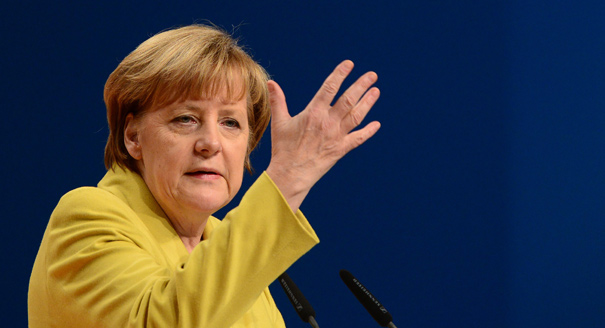Of course, nothing would have happened without Angela Merkel, the most influential European politician of our time. We wouldn’t have seen her and Francois Hollande in Moscow for a weekend blitz, nor would we have witnessed the magical night at the Normandy Four summit in Minsk, which conjures up associations with the Normandie-Niemen operation.
If Merkel is synonymous with Germany, then German political and diplomatic weight has certainly risen to the height of true European leadership. It is telling that Germany and France—two key states with a complicated history of bilateral relations and a baggage of past wars against each other—spearheaded the efforts to save peace in Europe. In fact, the Merkel-Hollande initiative looks quite symbolic and historically relevant in the context of the countries’ track record of military confrontation, as did the roles played by Jean Monnet, Robert Schuman, and Konrad Adenauer. Of similar importance was the French participation in constructing united Europe, which would have been impossible without Germany, and the reunification of Germany, which grew out of the collapse of the Iron Curtain and Berlin Wall.
If #Merkel is synonymous with #Germany, then German political and diplomatic weight has certainly risen.Tweet This
Vladimir Putin was once considered “a German in the Kremlin.” From a psychological and linguistic standpoint, he has an easier time communicating with the West through Germany. Being a responsible and forward-thinking politician, Merkel understands that and has been trying to translate Putin’s “dialect” of Russian into the language understandable to the Europeans. And being the most influential woman in the world, she is bound to share part of her charisma with the rest of Germany.
